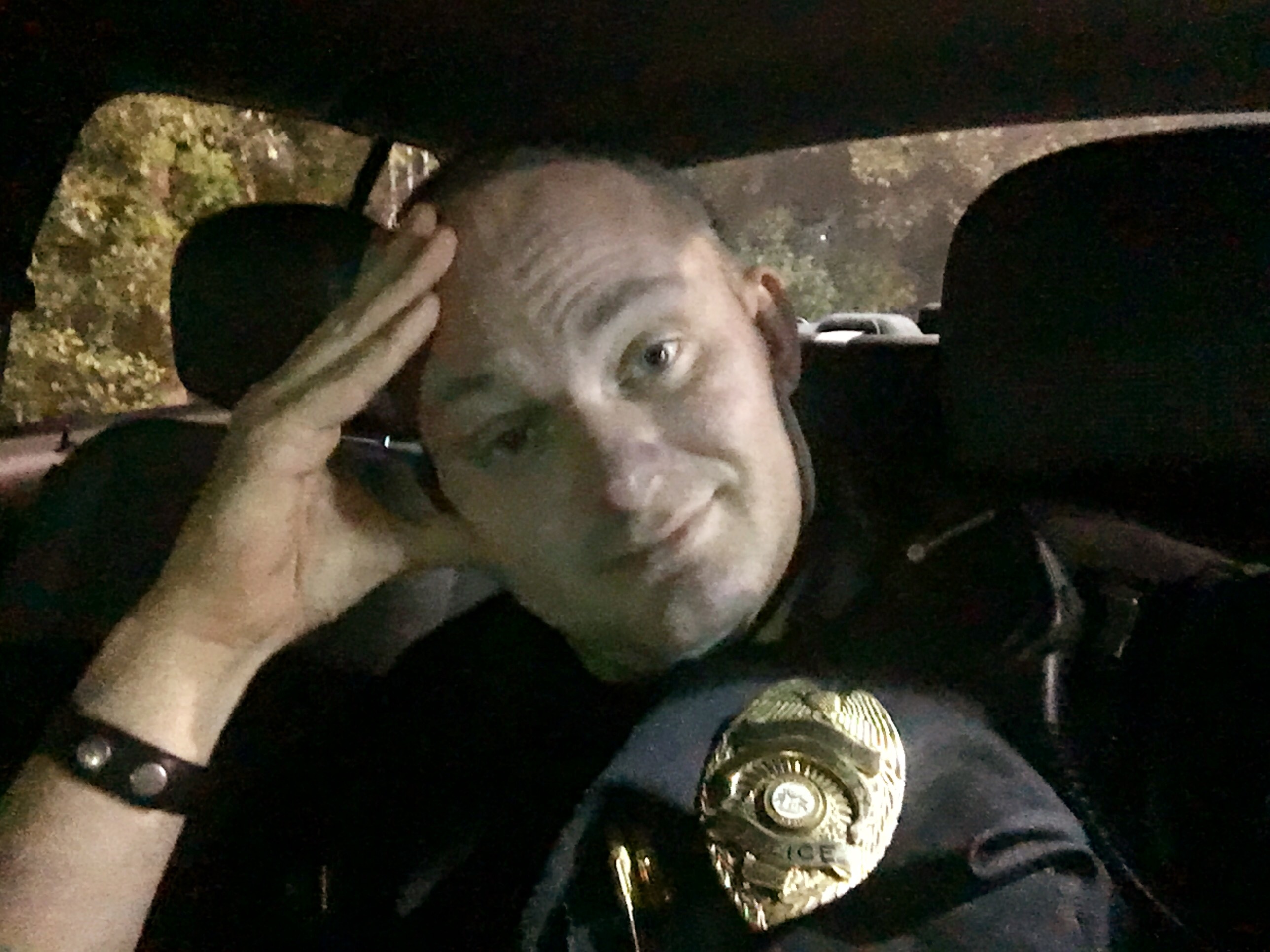"That's Not My Job"
- Lt. Tim McMillan (Ret.)

- Apr 1, 2017
- 4 min read

Law enforcement is a profession that inherently exists in a chaotic realm of cognitive dissonance. In a way asking a person to be a police officer is like asking one to volunteer for schizophrenia. Under our current models of policing, the career requires one to have a breakdown in their thoughts and emotions demanding the police office to balance a narrow line between reality, fantasy, and delusion. For starters, many people may get into police work with the belief they are a crime fighter. The rookie eagerly hits the street, outfitted like Batman, with the benevolent conviction that they will be able to rid their community of crime. Don’t get me wrong; the average cop has tremendous power to make a positive difference and indeed can impact crime statistics. However, as the lawman’s career evolves, they began to discover that inherently they are fighting a battle that they do not wish to win. Ultimately, if one rid the world of crime, then the police officer would no longer have a job. Under this concept of measuring one’s success police work may be one of few professions in which success would be ending your entire career. It isn’t just that the average cop doesn’t actually desire to eradicate crime, it is also the realization that eradication of crime is an idealistic and unachievable goal. It is a goal; that isn’t even reinforced by the other elements that are supposed to support law enforcement’s goal. The courts don’t hand out verdicts that facilitate the extinction of criminal behavior. The corrections systems are merely temporary housing facilities for people and consistently have proved to be unsuccessful in reforming a person’s belief they can be a positive member of society. Our educational programs do little to encourage children’s belief that through intellectual enlighten they can achieve their dreams. Even our society as a whole encourages the sex appeal of the dark side of the force. Even with the reality that being a “crime fighter” is truly a futile manner in which to go about positively influencing society, our police organizations continuously operate as if it is the only way to go. The average law enforcement agency judges the police officer’s success by how many tickets they wrote, or how many arrest an officer makes. The average police officer receives no positive reinforcement for being a community helper. There is no quantitative measure for which to evaluate the cop for how he changes a kid’s life for telling them that he believed in them when no one else said that they did. Therefore, it isn’t that the average officer doesn’t enter the profession wanting to make a real positive difference in their communities. Rather, the actions that make real positive differences muddled when the organization as a whole doesn’t encourage them. Therefore, that positivity becomes not a part of the average police officer’s job. In the video of the Fort Worth Police Officer last week, what the officer said to the mother, on the surface it was a lot of things. None of which were right. However, on a more intimate level here is what he was saying was, “The laws have become so convoluted that I can’t arrest the man who you said put your hands on your son. So taking the time to talk to you, and speak to your child about the damage of littering and even trying to make this a positive outcome for us all, well that isn’t my job.” In reality, the policing system functions in a distant realm from the public. What is important to the public, becomes not a part of the police officers job. Being an advocate for the public or being the standard of ethical behavior and justice becomes a secondary function that may get perform or it may not, however, it isn’t instilled to the average cop that role is even their job. Their job morphs into something altogether something completely different. It becomes a profession in which one tries to obtain quantifiable data that justifies their role. In a way, the police officer’s role is similar to that of a parent. The police enforce the rules or norms of a society that help it function at its optimal state. When a person steps over those bounds, their role is to impose negative reinforcement. However, negative reinforcement should never ultimately be thought of as an instrument of punishment. Rather, it should in itself be a learning tool. If a parent only intervened with their child to let them know what they were doing wrong, how could a child ever grow up to know what was right? So just like a parent, the police officer’s primary goal should always be one of societies guardian and moral guide. If our police officers are groomed to believe that negative reinforcement is the actual means to an end, how can they ever realize their true purpose in life? The police purpose should not be that of a punisher. Rather, their purpose should be to function as society’s parent, guardian, mentor, and guide. However, under our, current precedents everything outside of the bound of punishment ends up becoming, not a part of the policeman's job. In the end, that is the problem with so many of these programs or groups who cry out for police reform. They only skim the surface of the problem, and never dive into why the current flows the direction it does. Sure, implicit bias, use of force, or abusive of power are all elements of the problem. However, in order to ever achieve lasting police reform, it is the philosophical approach what the policeman’s job is that must be changed first. Until that is achieved, we will constantly be plugging holes in order to keep a bottomless boat afloat.









Comments